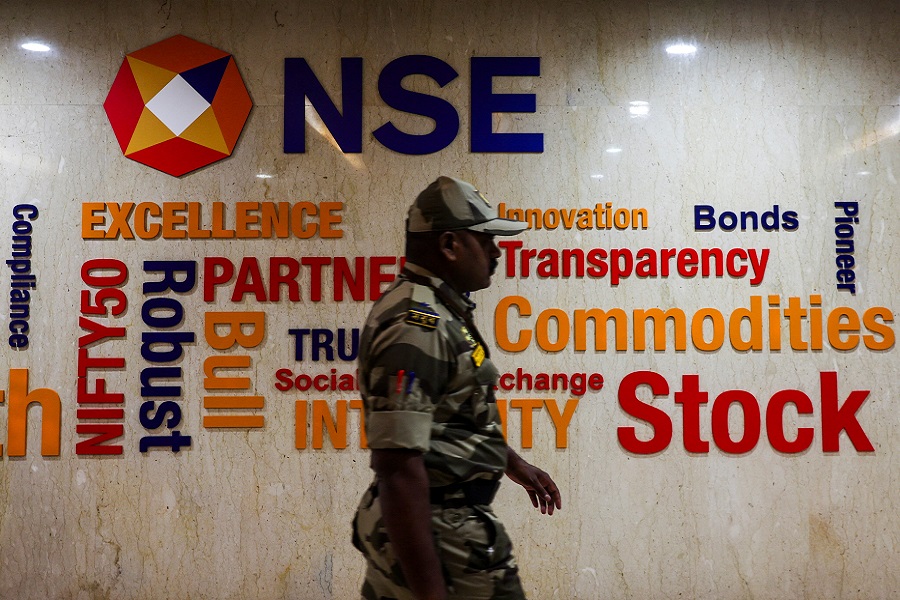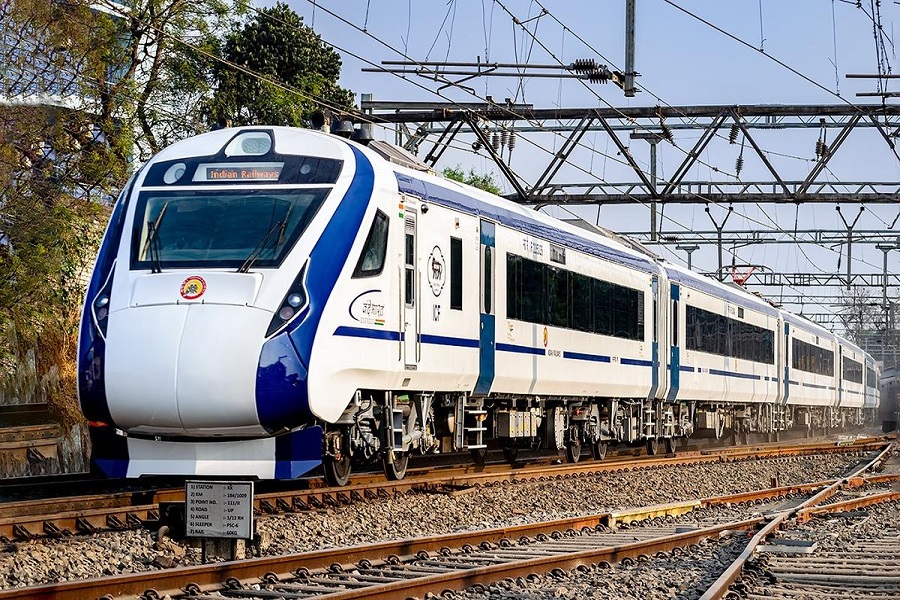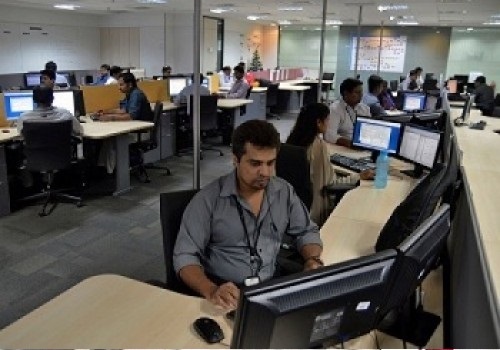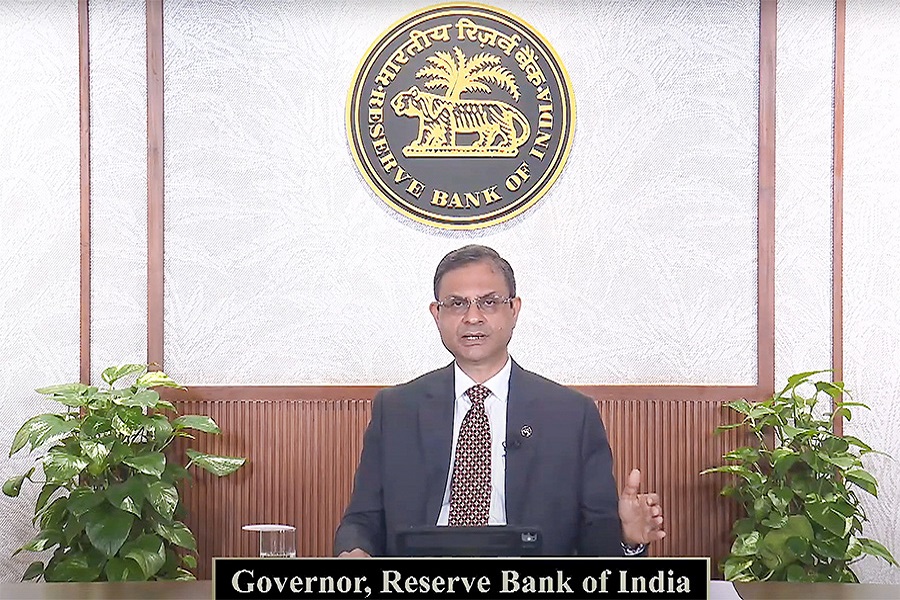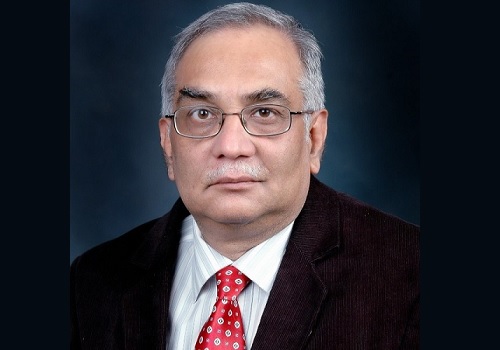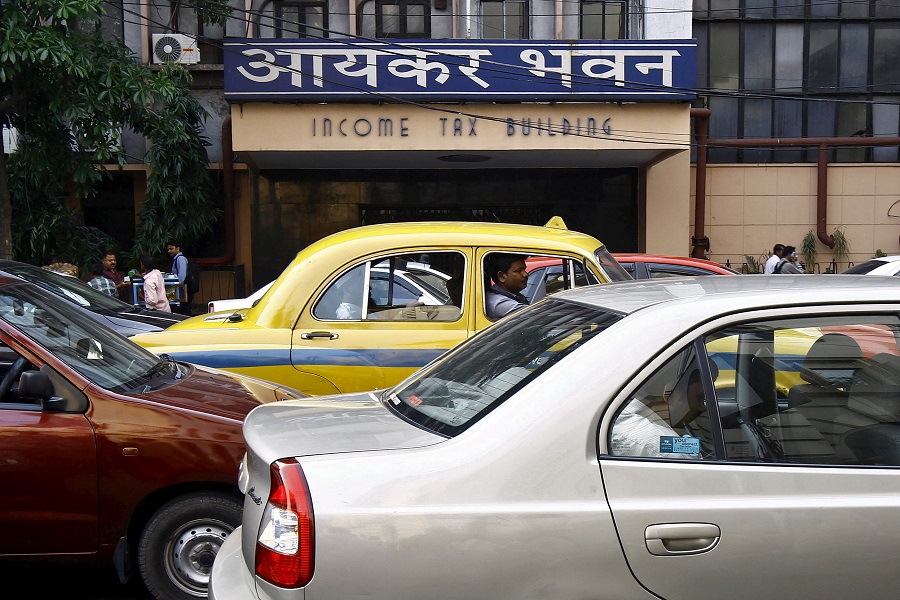Economy : CEO’s Desk: Monetary Policy - Seismic shift under way By Emkay Global Financial Services Ltd

After a long time, we have in Sanjay Malhotra—current RBI Governor—an intellectual with a flair for data, and one who comes with a firm pro-growth ideology. And this is what sets him apart. Leaders with conviction in their ideology will lead their team, while the others will instead be led by their team. Indeed, in the one-hour press conference, there were only about two questions that Malhotra passed to the Deputy Governor to answer, while fielding all queries with clarity and ease. Below mentioned is the summarized content of our monetary policy. In our view, the monetary policy through its actions and communication marks a seismic shift – aimed at nudging the potential growth rate of the economy higher. The actions taken last Friday should be viewed in the context of the current economic landscape.
i. 50bps cut in repo to 5.5% – Historically, policy rate moves in increment of 50bps reflect economic duress. The recent surprise cut in our opinion is a catch up on an unusually restrictive policy in the last fiscal and resets the trajectory of economic growth higher. This action also reflects confidence in conducting the monetary policy to align with the domestic economic reality – a decoupling of monetary policy is a pre-cursor to a decoupled economic growth.
ii. 1% cut in CRR (which will create durable liquidity of Rs2.7trn): We have had a 4% CRR benchmark since FY13, barring a 1% cut during the pandemic which then reverted with recovery taking hold. CRRs during the late nineties and early 2000s were the preferred monetary tool used to influence liquidity and rates. Over the last decade – especially since FY12, the RBI’s ownership of government bonds has consistently exceeded the CRR deposits. As of FY25, the RBI owned nearly Rs15trn of government bonds against CRR deposits of only ~Rs10trn. This reflects the RBI’s use of OMO as a primary liquidity lever, apart from important but indeterminate forex flows. Meanwhile, the cost of idle CRR reserves – assuming opportunity cost of yield at 8% – is a staggering Rs800bn. Again, we applaud the Governor’s resolve to question the basics and purge the antiquated policies. We believe that over the next several years, the RBI will progressively lower the reserve requirements – keeping a very low threshold, and only for savings/low duration time deposits.
iii. We believe that the next stage of reforms demands gradual withdrawal of lending restrictions to corporates for land, against shares and such. Real estate in aggregate accounts for one third of investment activity in the country without access to low cost funds for most developers. After RERA implementation, builders consolidation, and timely and transparent data availability, etc, the underwriting risk is no longer systemic or disproportionately higher than that for any other industrial project finance. Likewise, lending against shares is a critical need – especially as new-age companies have more intangible assets than hard physical collaterals. It is about time that we start respecting market assessment of equity value as much as the due consideration we give to replacement cost of physical assets.
WHY WE NEED LOWER RATES
1. Pre policy, the 10-year yields were about 6.2-6.25%, indicating a near-flat yield curve – clearly implying that policy rates were restrictive even as the stance was accommodative.
2. Most importantly, the past 12-month core inflation average stands at about 3.7%, with the forecast print likely to remain sub-4%. Notably, core inflation captures a near 30% rise in gold prices too. Headline inflation has averaged at about 4.3%, with few spikes in print due to volatile fruit/vegetable prices. Given the structural rout in oil prices (which has a large indirect impact ) and commodities, India remains on the right side of this trade; and barring unforeseen geo-political risks, the inflation environment will remain benign.
For More Emkay Global Financial Services Ltd Disclaimer http://www.emkayglobal.com/Uploads/disclaimer.pdf & SEBI Registration number is INH000000354

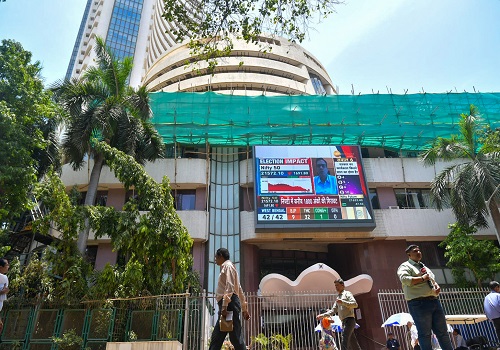


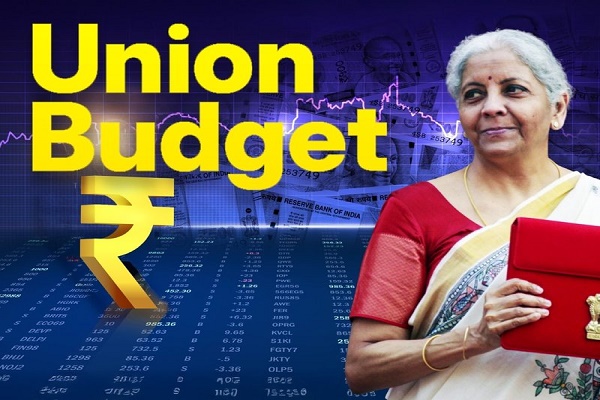

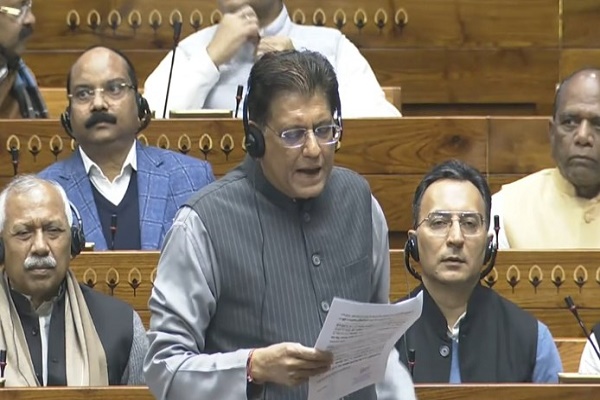



Tag News

Quote on Budget 2026 by Mr. NS Venkatesh, CEO, Bharat InvITs Association






